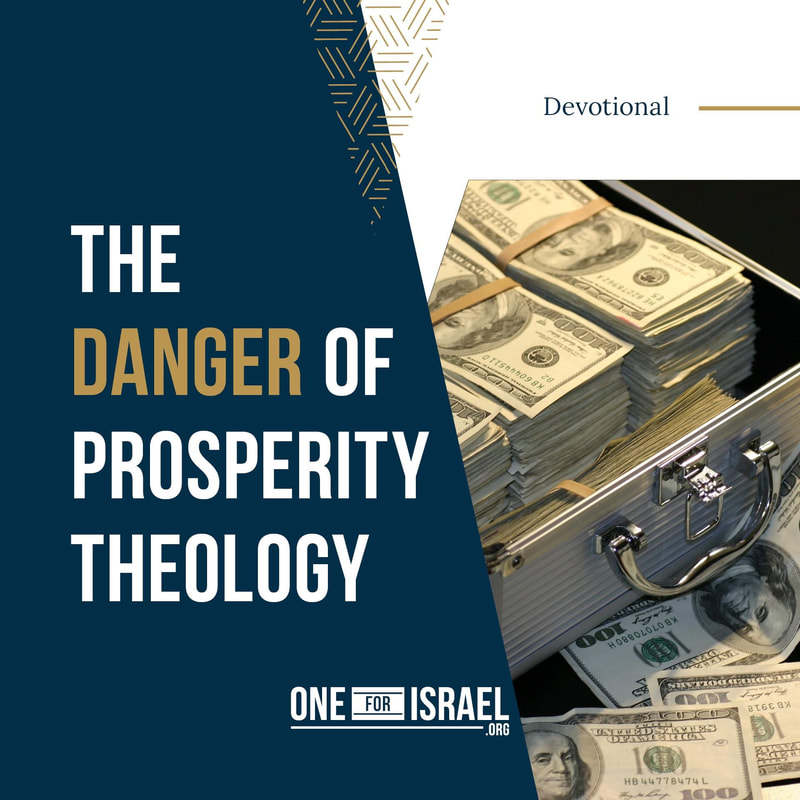Now when the plot was investigated
and found to be so, they were both hanged on a gallows; and it was written in the Book of the Chronicles in the king’s presence.
After these events King Ahasuerus promoted Haman, the son of Hammedatha the Agagite, and advanced him and established his authority over all the princes who were with him.... Then the king took his signet ring from his hand and gave it to Haman, the son of Hammedatha the Agagite, the enemy of the Jews" (Esth 2:22—3:1, 10).
Mordecai the Jew and ancestor of King Saul saves the king's life. To show his appreciation, the king promotes.... Haman, an Amalekite who, as it so turns out, really hates the Jews and wants them all destroyed.
That's gratitude for you!
If our theology about God and Scripture does not allow for the wicked to prosper and good deeds to be completely ignored (or rewarded with curses and humiliation), more than likely we will grow embittered towards God (and the church) when he fails to live up to our expectations of how a good God ought to behave in the world.
Tragically, the prosperity gospel only works for those who preach it, but for the rest of us, it's a path that leads to total devastation. A biblical faith anticipates times of weeping and wailing (Esth 4:1) and knows that every attempt there has ever been to destroy God's people has always ended with a new holiday.
"Therefore they called these days Purim after the name of Pur. And because of the instructions in this letter, both what they had seen in this regard and what had happened to them, the Jews established and made a custom for themselves and for their descendants and for all those who allied themselves with them, so that they would not fail to celebrate these two days according to their regulation and according to their appointed time annually. So these days were to be remembered and celebrated throughout every generation, every family, every province and every city; and these days of Purim were not to fail from among the Jews, or their memory fade from their descendants" (Esth 9:26-28).
Paul warned Timothy about such men in 1 Timothy 6:5, 9-11. These men of “corrupt mind” supposed godliness was a means of gain and their desire for riches was a trap that brought them “into ruin and destruction” (v. 9). The pursuit of wealth is a dangerous path for Christians and one which God warns about: “For the love of money is a root of all kinds of evil. Some people, eager for money, have wandered from the faith and pierced themselves with many griefs” (v. 10). If riches were a reasonable goal for the godly, Jesus would have pursued it. But He did not, preferring instead to have no place to lay His head (Matthew 8:20) and teaching His disciples to do the same. It should also be remembered that the only disciple concerned with wealth was Judas.
Paul said covetousness is idolatry (Ephesians 5:5) and instructed the Ephesians to avoid anyone who brought a message of immorality or covetousness (Ephesians 5:6-7). Prosperity teaching prohibits God from working on His own, meaning that God is not Lord of all because He cannot work until we release Him to do so. Faith, according to the Word of Faith doctrine, is not submissive trust in God; faith is a formula by which we manipulate the spiritual laws that prosperity teachers believe govern the universe. As the name “Word of Faith” implies, this movement teaches that faith is a matter of what we say more than whom we trust or what truths we embrace and affirm in our hearts.
A favorite term of prosperity gospel teachers is “positive confession.” This refers to the teaching that words themselves have creative power. What you say, prosperity teachers claim, determines everything that happens to you. Your confessions, especially the favors you demand of God, must all be stated positively and without wavering. Then God is required to answer (as though man could require anything of God!). Thus, God’s ability to bless us supposedly hangs on our faith. James 4:13-16 clearly contradicts this teaching: “Now listen, you who say, ‘Today or tomorrow we will go to this or that city, spend a year there, carry on business and make money.’ Why, you do not even know what will happen tomorrow. What is your life? You are a mist that appears for a little while and then vanishes.” Far from speaking things into existence in the future, we do not even know what tomorrow will bring or even whether we will be alive.
Instead of stressing the importance of wealth, the Bible warns against pursuing it. Believers, especially leaders in the church (1 Timothy 3:3), are to be free from the love of money (Hebrews 13:5). The love of money leads to all kinds of evil (1 Timothy 6:10). Jesus warned, “Watch out! Be on your guard against all kinds of greed; a man’s life does not consist in the abundance of his possessions” (Luke 12:15). In sharp contrast to the prosperity gospel emphasis on gaining money and possessions in this life, Jesus said, “Do not store up for yourselves treasures on earth, where moth and rust destroy, and where thieves break in and steal” (Matthew 6:19). The irreconcilable contradictions between prosperity teaching and the gospel of our Lord Jesus Christ is best summed up in the words of Jesus in Matthew 6:24, “You cannot serve both God and money.”


 RSS Feed
RSS Feed
























































